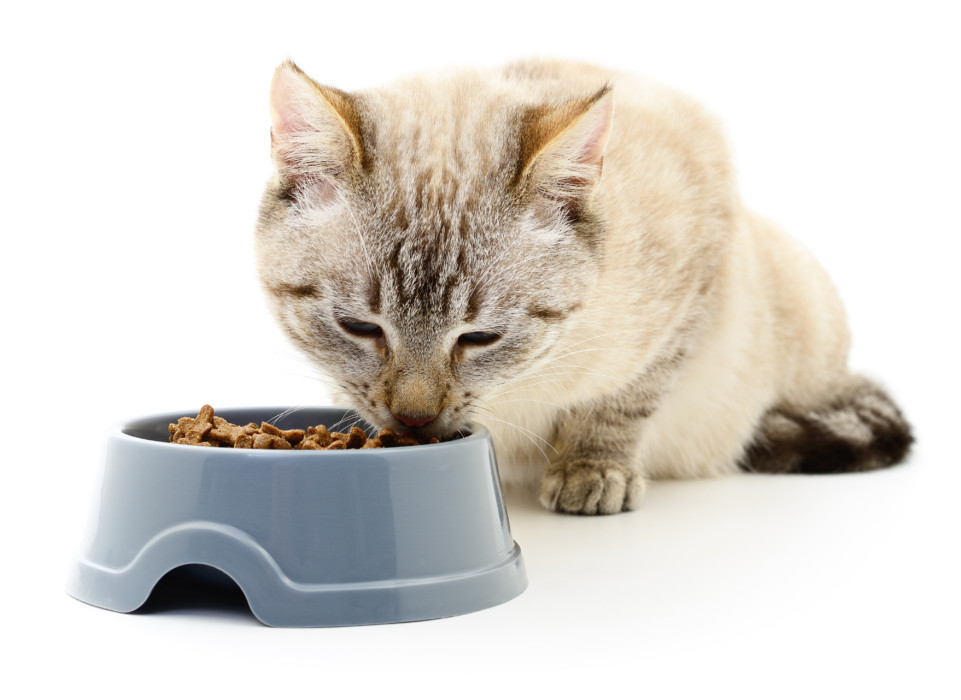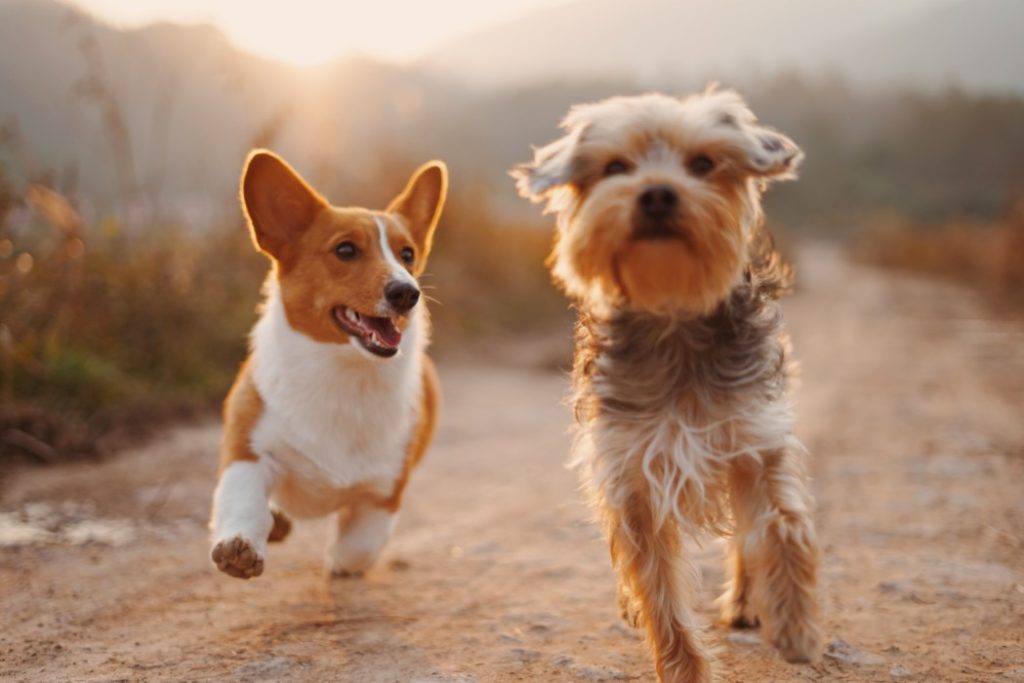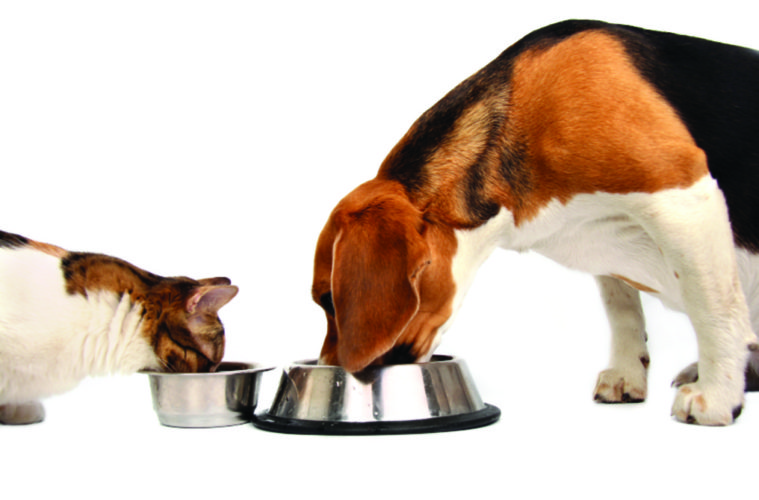It is so important to feed your family pet correctly to keep it happy and healthy. Bath Vets offers some crucial expert advice
Everyone has heard the phrase ‘you are what you eat’ and the choices you make about the food your pet consumes are a key part of keeping it happy and healthy. There are many factors that need to be considered when selecting the right diet for your cat or dog, including their age, breed, activity levels and any specific health needs.

It can be difficult to ensure your pet is receiving everything they need when feeding home-cooked foods or tinned diets. Fortunately, there are many carefully formulated, good-quality commercial diets available which take the guess work out of providing a balanced nutritious meal and will take your pet through its different life-stages.
It is also important to remember that, in dietary needs as well as many other things, cats are not small dogs! Cats rely on protein as their main energy source and need much higher levels in their diet than dogs. Meat is a great protein source while also providing essential nutrients that cats cannot survive without: taurine for their heart and vision, arachidonic acid for skin/coat health and Vitamin A for coat and vision. This is the reason that cats can never be vegetarian!
The most common dietary disorder we see at Bath Vets is obesity. In 2018, studies from the UK estimated that 40% of our dogs and 53% of our cats are overweight or obese. Overweight animals are less playful and energetic, and generally get less enjoyment out of life. They are also at increased risk of many diseases, with a recent study by the University of Liverpool showing being overweight can cut a dog’s lifespan by two years.

Good diet choices – and of course appropriate exercise levels – can ward off weight gain, However, if your cat or dog already has a few extra inches to lose then there are specific diets that can help make the weight loss journey easier for you and your pet
Looking ahead to Christmas, festive human foods present a whole raft of potential problems to our pets and consumption of Christmas treats is one of the main reasons for appointments at our surgeries during December. The most toxic – and potentially even fatal – foods are chocolate, Christmas pudding/cake/mince pies containing raisins/dried fruits, walnuts and macadamia nuts, and stuffing containing onions and garlic. Sharing your traditional Christmas roast dinner with your cats and dogs, with its high levels of fat and salt, can cause indigestion, diarrhoea or even pancreatitis. It’s better to limit the Christmas treat to just a little skinless white turkey.
For more advice on the right diet for your pets, please ask your vet or veterinary nurse who can guide you through the options.


